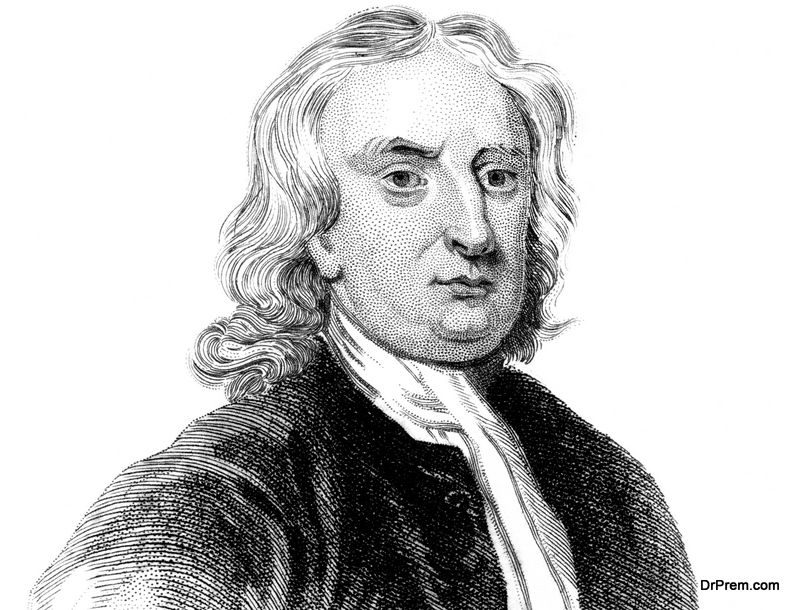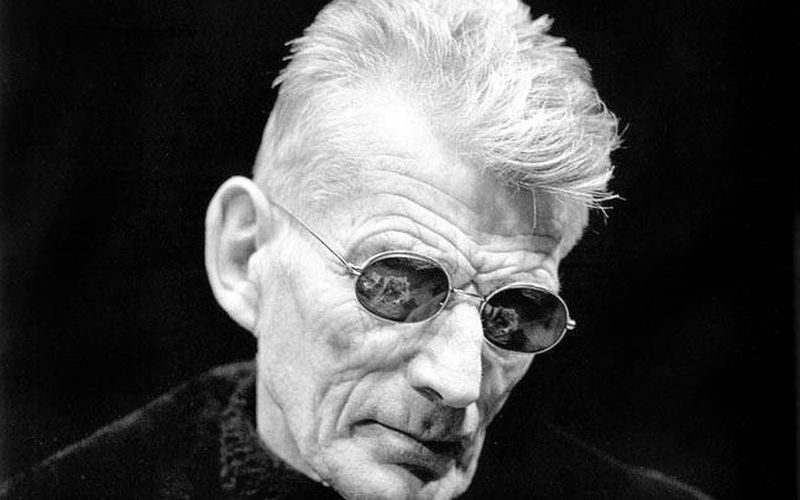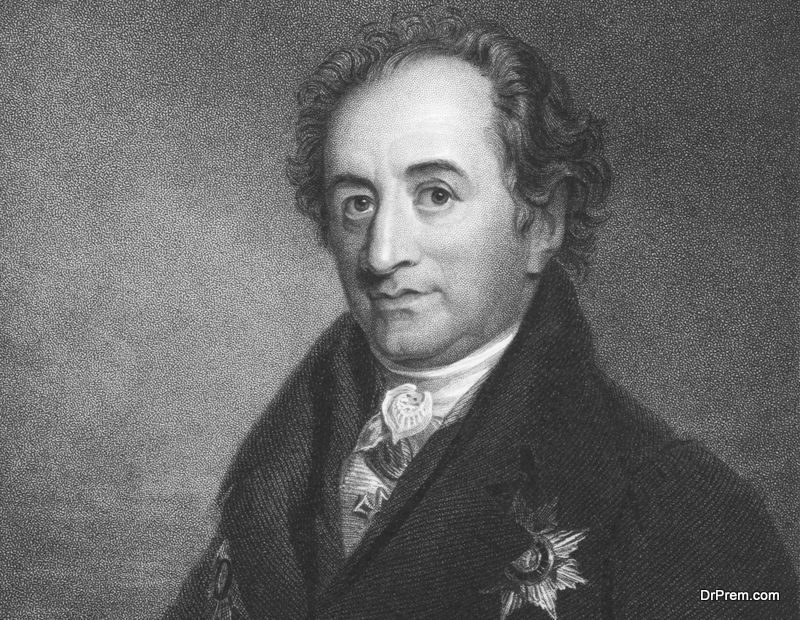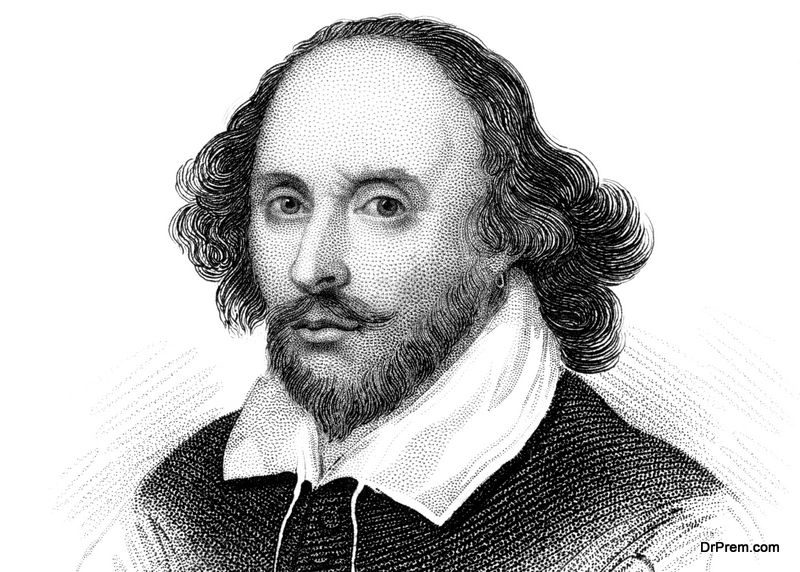When discussing creative people, famous Roman poet Horace once said ‘Adversity has the virtue of bringing out talents, which otherwise would have gone to waste.’ This quote is true to some extent. Some of the most creative people got their most creative ideas while going through the worst periods of their loves. However, it isn’t a rule. There are many others whose inspiration didn’t come out of sadness and pain, but out of pure idleness and boredom. Creativity is a very illusive trait and there is no hard and fast rule for it. You must study many cases of creative inspiration before arriving at any conclusion.
How creative people got their most creative ideas
1. Albert Einstein
Though Einstein won the Nobel Prize in 1921 for the discovery of photoelectric effect, it was his Theory of Relativity that made him famous. Einstein too said that it is one his most creative ideas. And how did the inspiration for that come? Not in a science lab or some other fancy place. He got it during one of his long aimless walks around the beautiful city of Bern. Before that, Einstein’s life was very chaotic and miserable.
Einstein was an underperformer at school, and even after graduating, he struggled to find a teaching post for two years. On top of that, his family looked up to him for financial support. However, it wasn’t this chaos that inspired his ideas, it was the calm that followed it once he got a comfortable job as patent officer in Bern. Einstein was required to do very little at that job and he spent most of his time in contemplation. He described this period as the most productive part of his life, and it certainly was.
2. Sir Isaac Newton
 After Einstein, the next scientific genius that invariably comes to everyone’s mind is always Isaac Newton, Einstein’s spiritual predecessor. Newton was working at Cambridge University solving problems related to Physics and Mathematics but without much success. He was unable to find a particular direction. Ultimately, it was chance and not his own efforts that brought him close to his creative inspiration. Newton had to abandon the University as most of the buildings and public places were being closed due to the outbreak of plague. He had to retreat to Woolsthorpe Manor, which was also his birthplace. During this period, while staying at home, Newton felt intrigued by Moon’s orbit and falling apples. Linking these two in mind helped him in finally formulating one of the most creative ideas of physics, the theory of gravity.
After Einstein, the next scientific genius that invariably comes to everyone’s mind is always Isaac Newton, Einstein’s spiritual predecessor. Newton was working at Cambridge University solving problems related to Physics and Mathematics but without much success. He was unable to find a particular direction. Ultimately, it was chance and not his own efforts that brought him close to his creative inspiration. Newton had to abandon the University as most of the buildings and public places were being closed due to the outbreak of plague. He had to retreat to Woolsthorpe Manor, which was also his birthplace. During this period, while staying at home, Newton felt intrigued by Moon’s orbit and falling apples. Linking these two in mind helped him in finally formulating one of the most creative ideas of physics, the theory of gravity.
3. William Shakespeare
If English literature ever produced genius, then Shakespeare was definitely the one. All his plays are considered as the best in their respective genres. But it was his four plays namely Macbeth, Othello, King Lear, and Hamlet that are considered as his best. These four tragic plays were written during what is called as tragic period, which began in 1601- and ended in 1610. Though little is known about Shakespeare’s personal life, based on the content of his plays, experts have made many speculations. One of them is particularly intriguing.
In the plays that Shakespeare wrote during the tragic period, he named the adulterers after his own brothers Edmund and Richard. According to a theory, Shakespeare based his plays on his own personal life, and he named the characters after his own brothers because he suspected his wife Anne Hathaway to be having an affair with them behind his back. This event plunged Shakespeare into a gloom that sparked his creativity making him write four groundbreaking tragedies. However, the period finally ended in 1610, the same year as that of birth of Shakespeare’s granddaughter, signalling a reconciliation between Shakespeare and his wife.
4. Samuel Beckett
 Image Source : akm-img-a-in.tosshub.com/indiatoday
Image Source : akm-img-a-in.tosshub.com/indiatoday
In literature, Samuel Beckett is seen as the enduring symbol of failure, hopelessness and impotence. But it was only after he had enough of these three in his own personal life that he was able to write about them. Beckett was deeply influenced by the works of Marcel Proust and James Joyce, who was one of the greatest writers of 20th century. Joyce in fact was his mentor. When Beckett compared his own writings to those of Joyce or Proust, he became painfully aware of his own lack of creativity and intellectual impotence.
In 1945, however, after the death of most of his influences, Beckett experienced a revelation. He had come to Dublin for a brief visit, where, in his mother’s room, future of his literary direction became clear to him. He decided to write on topics of failure and impotence, which had preoccupied him throughout his life. And, as was expected from him, he was very good at them. He wrote some of the greatest works of literature including novels like Molloy, Malone Dies, and The Unnameable, and plays like Endgame and Waiting for Godot, which also won him Nobel Prize and international fame.
5. Johann Wolfgang Goethe
 Failure in love has often been called one of the greatest inspirations that an artist can have. Johann Wolfgang Goethe is probably the greatest writer who was inspired by such an event. His most popular work The Sorrows of Young Werther, is one of the first, truest, and most painful account of the pain of unrequited love known to literature.
Failure in love has often been called one of the greatest inspirations that an artist can have. Johann Wolfgang Goethe is probably the greatest writer who was inspired by such an event. His most popular work The Sorrows of Young Werther, is one of the first, truest, and most painful account of the pain of unrequited love known to literature.
In his early twenties, Goethe fell in love with Charlotte Buff who was already engaged to Johann Christian Kestner. The situation was hopeless, and yet Goethe didn’t give up on hope. He waited and waited thinking that by a sudden change of fortune he would get Buff’s affections and his life would become normal. But, reality hit him hard when Buff and Kestner ultimately got married in 1773. Goethe was shattered by the news and couldn’t think of any way of coming to normal terms with life. But rather than taking a drastic step, he decided to write away his pain and wrote The Sorrows of Young Werther in just five and a half weeks as a cathartic exercise. We don’t know whether this exercise worked for him or not, but the book certainly made Goethe an overnight celebrity. He ultimately became one of the most creative people that world has ever seen.





